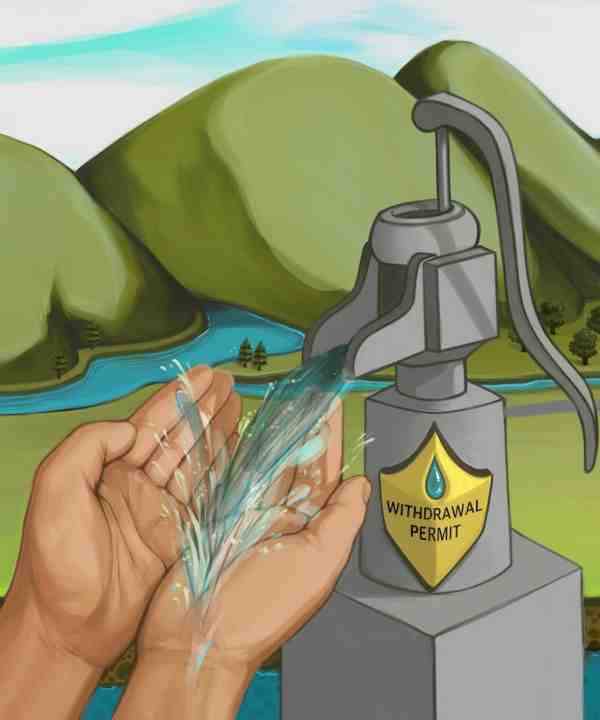
Groundwater is a critical resource in the western 17 states. Groundwater provides drinking water to nearly 10 million people through self-supply wells, supports public-supply water systems, and plays a vital role for food production and industries, especially during drought when surface waters are less available. Ensuring adequate groundwater supplies are available to meet growing water demands of the West is important and suggests that groundwater management must transcend the status quo.
Visit the License to Pump Dashboard
Water in the West has created a state-of-the-art toolbox for understanding groundwater permitting approaches across the Southwest. Groundwater withdrawal permitting applies to much of the West, and it has become an increasingly common tool for sustainable groundwater management at local, regional, and state levels. The precise legal terminology of groundwater permitting varies by state, but the concept used is similar: requiring a would-be pumper to gain permission before withdrawing groundwater. Sometimes even after permitting, there is a need to deal with water depletion or scarcity, for example by curtailing rights, but we do not address this ‘post-permitting scarcity management’ in this Dashboard; the Dashboard focuses only on permitting.

![[Woods Logo]](/sites/default/files/logos/footer-logo-woods.png)
![[Bill Lane Center Logo]](/sites/default/files/logos/footer-logo-billlane.png)